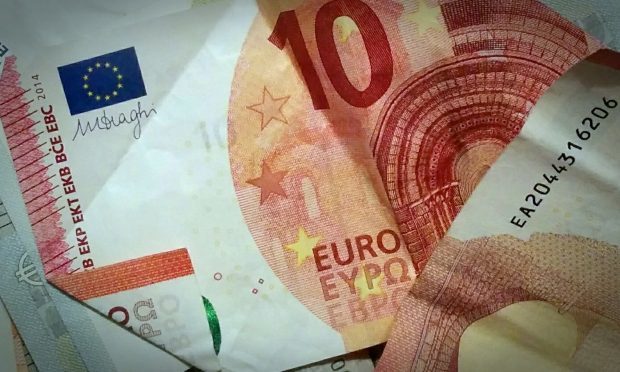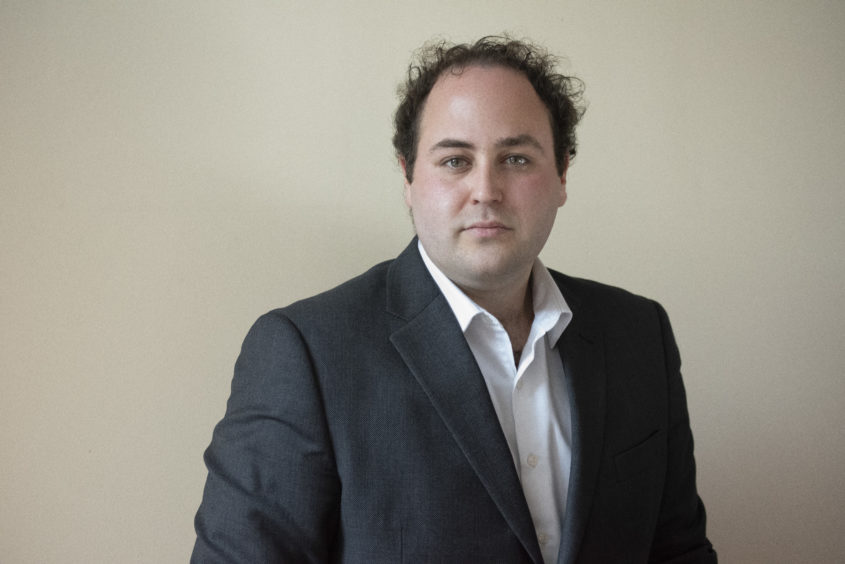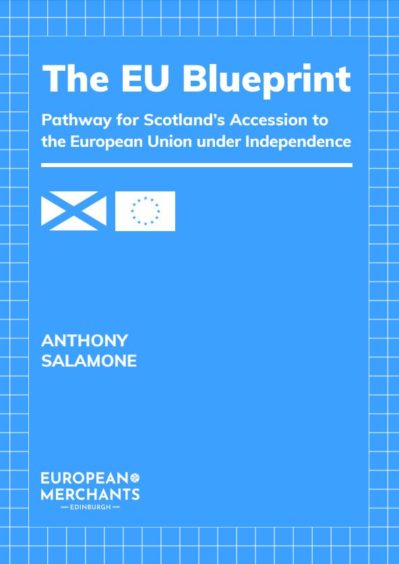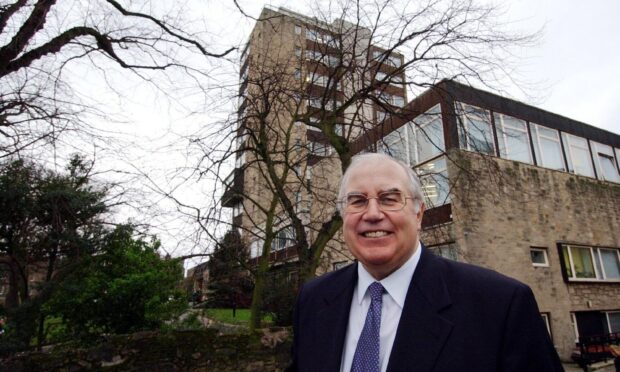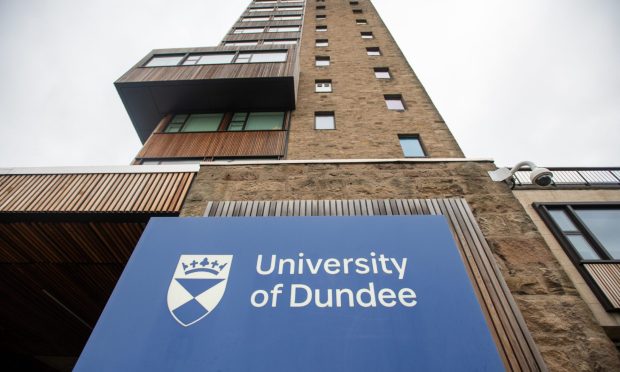An independent Scotland would take four or five years to rejoin the EU and would have to make a political commitment to using the euro, a new study has said.
Returning to the EU would also involve signing up to the controversial Common Fisheries Policy (CFP) and result in border infrastructure between Scotland and the rest of the UK.
A 131-page report by political analysis firm European Merchants predicted it would take up to five years to go through the process required to get back into the EU.
But that timespan would end up being around a decade once the time taken to hold an independence referendum to secure a Yes vote was factored in.
“(It would be) four to five years from the date of application to the date of accession,” said Anthony Salamone, managing director of European Merchants.
“Who knows if or when another independence referendum would happen. But, yes, that would mean between eight, nine, 10 years,” he added.
Mr Salamone called for a “more realistic” approach to arguments about Scotland’s relationship with the EU.
Scotland’s influence would diminish outside the euro
On the currency, his report says an independent Scotland would have to “fulfil the conditions for adopting the euro, including the Euro Convergence Criteria, and to then adopt the euro as its currency”.
This would be part of the accession process and the report warned that Scotland should not seek a euro “opt-out”, because that would be unacceptable to the EU.
Mr Salamone went on to say that Scotland would not be forced to take the step of joining the euro “at a particular time”.
But he warned Scotland’s influence would diminish within the EU the longer it stayed outside the single currency.
“If the eurozone becomes the core of the EU and becomes the de facto centre and you are not in that centre, how much influence can you have when it spills over to other areas of policy?” Mr Salamone asked.
“If Scotland decides never to be part of the euro then there would be political and influence consequences.”
Joining the euro goes against SNP policy, which is for an independent Scotland to keep the pound for a spell before transitioning to its own currency.
Fishing communities have long opposed the CFP on the grounds that it gives EU member states access to British waters and imposes strict catch quotas.
“If Scotland became a member of the EU it would have to sign up to the CFP again,” Mr Salamone said.
But he argued that an independent Scotland’s MEPs would have more influence in shaping CFP policy as representatives of a member state.
The academic suggested the Scottish Government make a “non-binding” political declaration to reform the CFP from within the EU, although he admitted there was no guarantee of success.
Mr Salamone’s report also warned that an independent Scotland within the EU would require some form of border checks with the rest of the UK.
“Depending on the shape of the EU-UK partnership, the contrast between Scotland inside the EU and rUK outside the EU will probably require border infrastructure and checks to preserve the integrity of the EU internal market and customs union,” the report said.
Who are European Merchants?
European Merchants is an Edinburgh-based political analysis firm run by Anthony Salamone, a pro-EU political scientist.
Mr Salamone has degrees from Edinburgh University and the London School of Economics and Political Science. During his time at Edinburgh, he was founding managing editor of European Futures, its academic blog on European affairs.
He was a member of the Edinburgh Europa Institute steering group and co-convener of the Edinburgh Europa Research Group.
